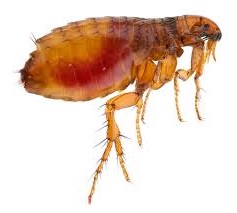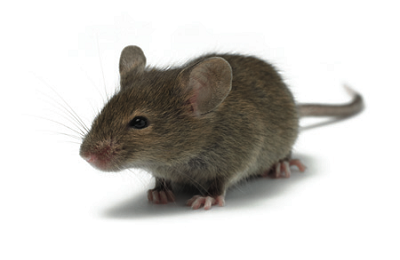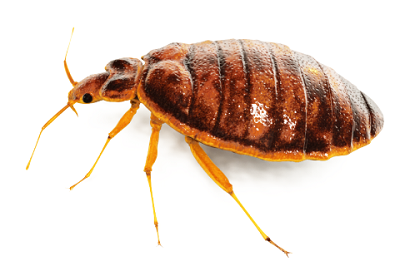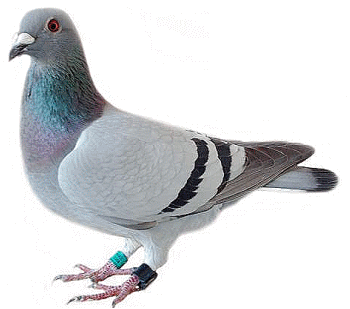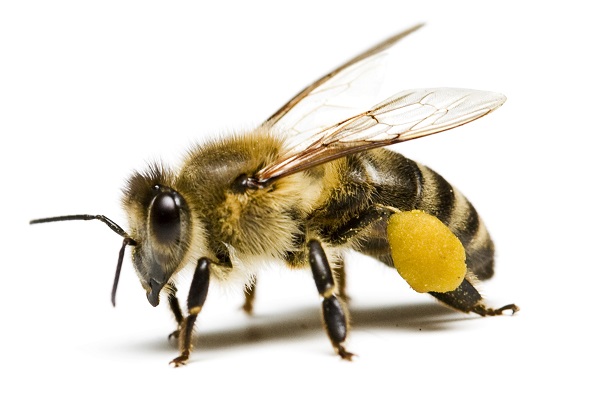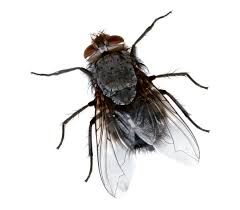Trouble with Fleas?
Ark provide pest control solutions to flea infestations in London, the South East, the North West, the North and the Midlands.
Various Species:
- Cat Flea (Ctenocephalidesfelis)
- Dog Flea (Ctenocephalidescanis)
- Human Flea (Pulexirritans)
- Bird Flea (Ceratophyllusgallinae)
Appearance:
- Length: Around 2mm.
- Compressed flattened bodies with over lapping toughened plates.
- Long well developed hind legs for jumping.
- Greyish through to dark mahogany in colour.
- Mouthparts adapted to piercing and sucking with small eyes and they are covered with backward-directed bristles and spines.
Lifecycle (Based on Human Flea):
- Eggs 0.5mm pearly white they are laid in carpets, between floorboards, on fur, bedding and on clothing.
- These hatch in 2 – 3 days.Larva – whitish up to 5mm long they thrive best in dark humid places like underneath furniture, after 2 -3 moults these are fully grown in 3 – 4 weeks.
- Pupa – cocoons incorporating debris to feed from they are spun by the larva. The development time is dependent on the temperature. Their emergence is in response to vibration. Adults – once emerged from the flimsy cocoon they rapidly find a host for their first blood meal.
Habits & Behaviour:
- Adults can survive several weeks without a blood meal
The larvae thrive in dark, humid places such as animal bedding and carpet fluff, and feed on organic debris and adult flea excrement. - Adults feed on the blood of the species to which they are adapted but will feed on other animals in the absence of the normal host.
- Living on our pets and irritating humans a source of blood is valuable part of the diet.
- Adults can survive several weeks without a blood meal.
Important:
- Wall-to-wall carpeting provides a relatively undisturbed environment for flea larvae to develop, whilst central heating has served to ensure the ideal temperature conditions.
- Irritation and allergic reactions can be cause from bites. Scientists believe that fleas were the cause of the plague being transferred to humans back in 1665.
- Fleas can be vectors of disease or may transmit parasitic worms.
- These can sometimes be transmitted to humans.
Get in touch today:
